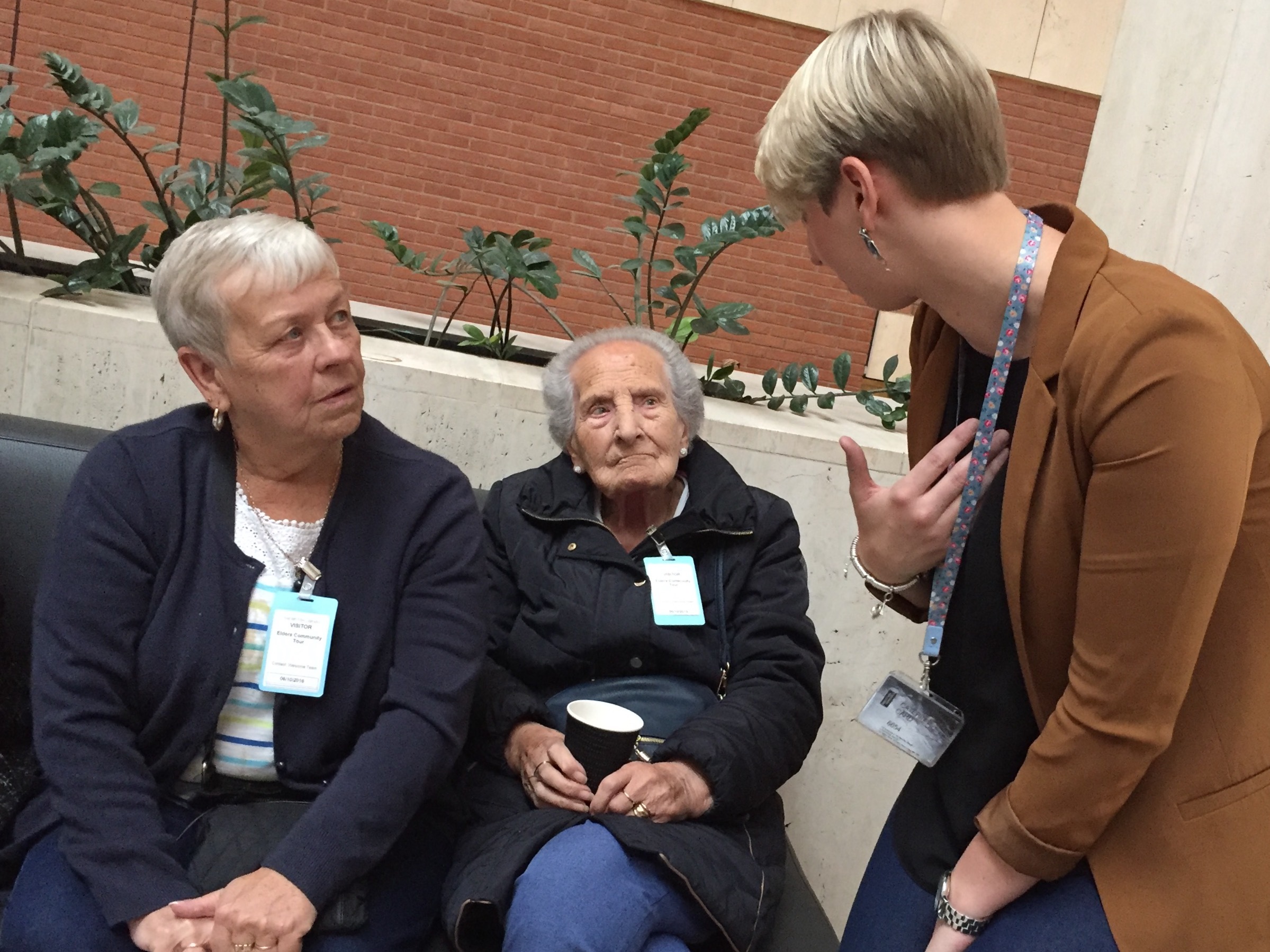Please note: this post is 113 months old and The Cares Family is no longer operational. This post is shared for information only
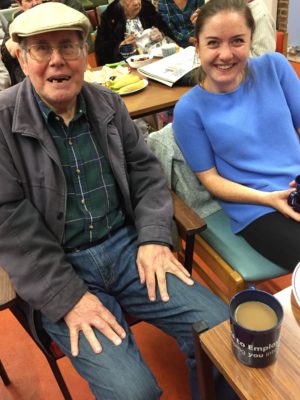
It's not often these days that I take the time to stop, to reflect and to write about the work that we do at the Cares Family, or why we do it. Truth be told, I'm guilty of the sort of rush that can make London life so thrilling – and sometimes so anonymising – that we actually work to soften. I can't remember the last time I took a moment's pause.
So it's reassuring that every now and then, when I do read something or have one of those invigorating conversations with an older neighbour through our activities, it can make me think anew about why North London Cares and South London Cares exist – and why, as our collective focus on the day-to-day of the cycles of news, business and government intensifies, it's even more important to stop, to converse and to reconnect with the things that make us relate.
Most recently, that reassurance has come through discovering an essay entitled "Why Everyday Life Matters: Class, Community and Making Life Liveable". It was one of those things long ago flagged but which until today I hadn't quite gotten around to reading. I've no idea now how I found it but I've had it printed and in my bag since long before the summer – because its language and its introduction echoed beautifully with the Cares vision.
"Studying everyday life is valuable because it makes sociologists attend to the routine and temporal aspects of social life. The ‘everyday’ brings the seasons of society into view. It also brings to the fore how liveable lives are made in the midst of the social damage produced by widening class divisions... Attending to everyday life necessitates developing an eye for detail and attentiveness to the seemingly unimportant... Central to the study of everyday life is the relationship between history, culture, class and biography."

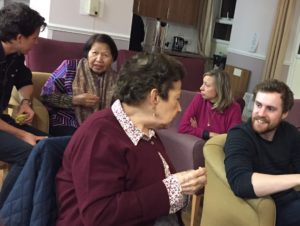
As an opening salvo, this short abstract encapsulates more eloquently than I ever could why the Cares Family exists. Of course, our work is about tackling loneliness and isolation. It is also about improving wellbeing, confidence and connection in a rapidly changing city. But our work and our model at their most central also focus on bringing people together to reduce the gaps across social, generational, cultural, digital and attitudinal divides.
As our recent evaluation report demonstrates, we do this through a combination of neighbourliness, storytelling, helping people understand their self-worth, and thereby encouraging everyone – from across different backgrounds and life experiences – to understand the power that they have in their own lives and in their communities.
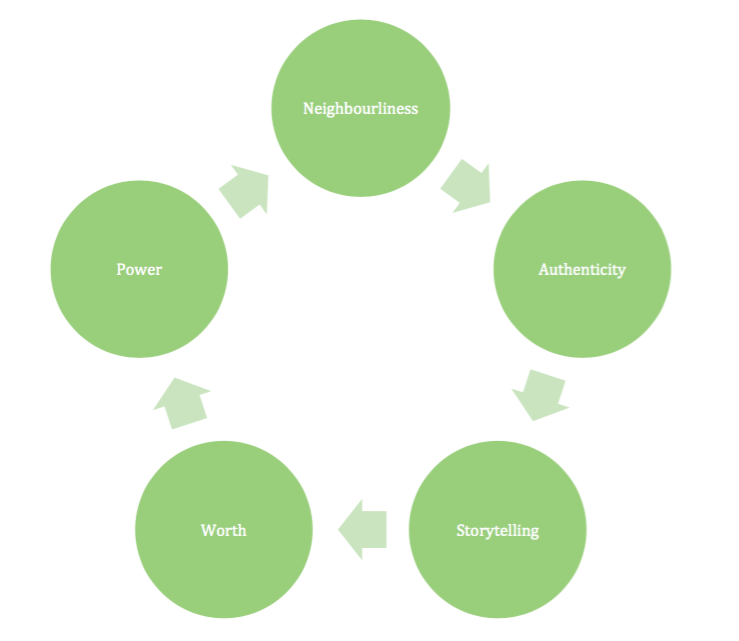
Les Back's whole essay will echo with anyone who's been involved in the Cares Family's work and seen that cycle revolve. But there are a few passages in particular which really underscore why we do what we do, and why we believe our model is important.
In one such passage, Back writes that everyday life matters because "it makes us ask what is at stake in our daily encounters with neighbours or the people we brush past at the bus stop. It also means we have to think about the wider spectrum of life experiences from despair and social damage to the ordinary triumphs of getting by."
The ordinary triumphs of getting by.
He continues with a quote that "our everyday life drips with stories of how people live and love, work and play, hate and die." Introducing North London Stories, and at the Centre for Social Justice Awards last year, we in the Cares Family have often talked about "tales of love and loss, hope and heartbreak, mischief and misadventure" being key to community and togetherness.
But of all the lines in Back's essay, the one that reverberates most is one that in my day-to-day work running North London Cares and South London Cares, I often talk about – that urban change and widening inequality will necessarily require "new forms of family", for example through which older and younger people can give one another so much, in shared time, laughter, new experience and practical support.
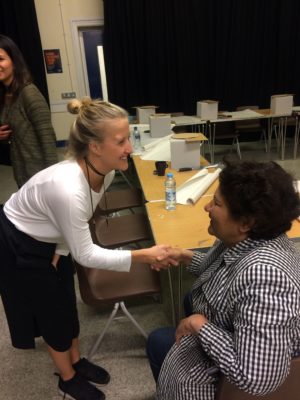
All of these stories, these little snapshots of people's lives – and the solidarity and resilience that grow out of being together – come out every day in North London Cares and South London Cares' activities like our puppet making socials and podcast sessions, and in our Love Your Neighbour one-to-one friendships. We're so proud that Michael, Lil, Maureen, Ray, Annabella and so many others share those stories with their younger neighbours, and derive value from doing so.
And we're so proud that our recent evaluation focused less on what Back calls the 'replicable methods of investigation' and more on the 'fascinating familiarity' of those those everyday lives – and why they matter.
